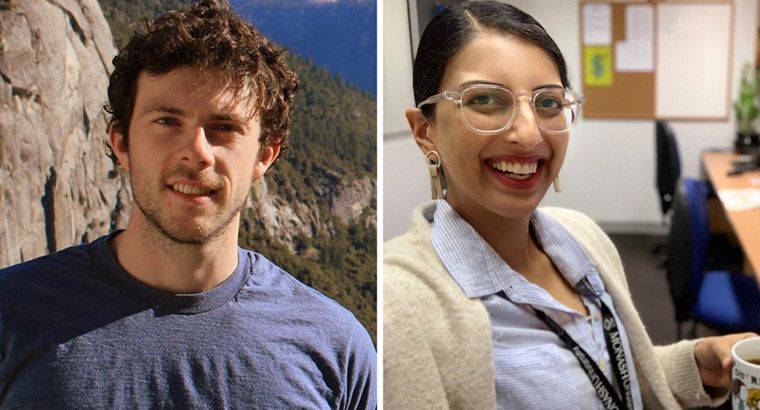News
Researchers appeal for support, with some GPs forced to ‘moonlight’
The establishment of UK fellowships to support GPs combining research with clinical work has prompted calls for a similar initiative in Australia.
 Limited funding means GPs undertaking research are often left feeling isolated.
Limited funding means GPs undertaking research are often left feeling isolated.
The UK fellowships, which last 12 months and are designed to be flexible, will support full-time recipients with up to £73,841 (AUD$135,177.51) per year; however, it is expected most will be undertaken on a part-time basis.
Meanwhile, a comparative lack of support for Australian GPs pursuing academic research, especially when contrasted with other specialties, means many are forced to pursue it almost like a hobby instead of a genuine career option.
As such, despite RACGP Foundation funding and lobbying from the RACGP Expert Committee – Research (REC–R) in support of dedicated career pathways, GPs undertaking research are often left feeling isolated. The limited amount of funding has also resulted in the use of clinical guidelines in general practice that are not based on evidence relevant to primary care.
GP and PhD student Dr Pallavi Prathivadi believes primary care research is underfunded in Australia, making it a difficult avenue for many of her colleagues to pursue. Dr Prathivadi began her research career as an RACGP Academic Registrar, but ran into difficulty after the first 12 months when she needed to secure funding to complete the remaining years of her PhD.
‘By this stage, I was awaiting Fellowship and worried about being in a miserable situation of not having any definite salary support for the research. The final months of the academic post were very stressful for this reason,’ she told newsGP.

L–R: Dr Dan Epstein and Dr Pallavi Prathivadi would both like to see a funded pathway for GPs and primary care doctors to be able to complete research.
Aside from assisting the GPs undertaking research, increased support for primary care research would also likely lead to a more efficient health system.
The Federal Government recognised as much by highlighting primary care research in its 2018–2020 Priorities for the Medical Research Future Fund; however, GP and PhD student Dr Daniel Epstein believes more funding and assistance is still required to stop GPs from having to ‘moonlight’ as researchers.
‘There is no way to progress the policies and decision-making of the world today without evidence. There is no evidence without robust research and, unless you fund people to do it, the only research is those who volunteer for it,’ he told newsGP.
‘I would like to see a legitimate, funded pathway for GPs and primary care doctors to be able to complete research. That may be in the form of a funded PhD program with affiliated catchment universities, or even just groups or organisations that can provide those resources and personnel to support primary care doctors conduct research.
‘Acknowledging that primary care research requires more support for it to be seen as a legitimate career option is the first step.’
Dr Prathivadi agrees.
‘Without adequate scholarships and research funding, it makes it very hard to choose this life,’ she said.
‘At the end of the day, we’re adults with mortgages and children and responsibilities. Other than an NHMRC [National Health and Medical Research Council], or government or university scholarship, there are very few options for salary support while a GP undertakes a PhD.’
NHMRC primary care research RACGP Foundation United Kingdom
newsGP weekly poll
Health practitioners found guilty of sexual misconduct will soon have the finding permanently recorded on their public register record. Do you support this change?